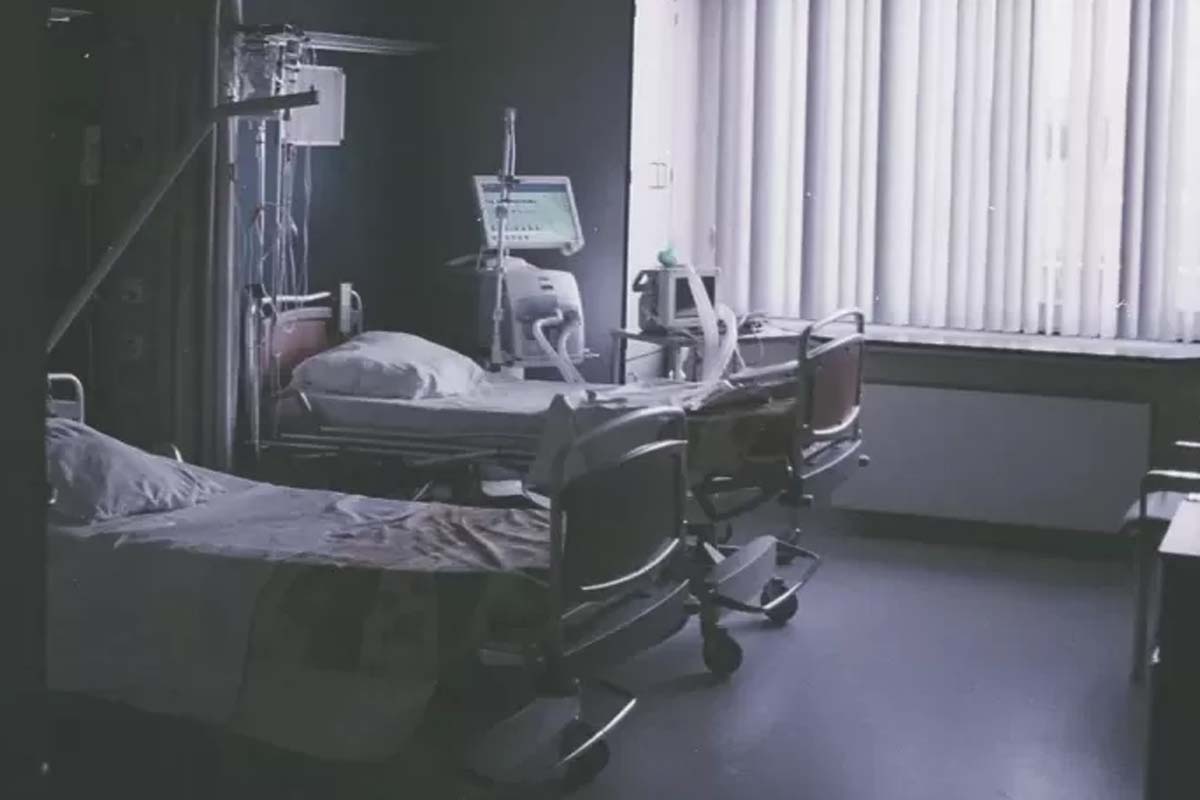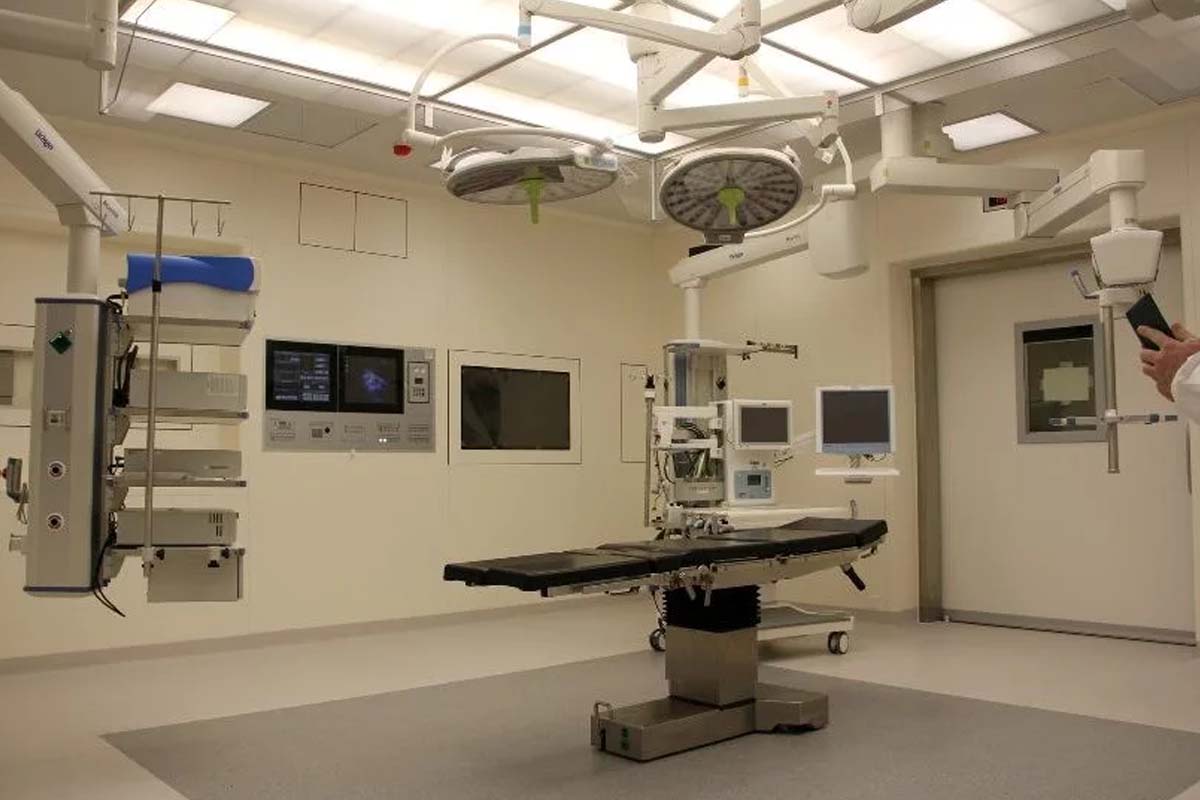A Complete Guide To Medical Care Claims
When a patient witnesses any kind of medical issue due to a doctor or any medical professional’s incompetence, it can result in a medical care claim. To safeguard the victim’s interest, the victim can claim against the medical practitioner based on the substandard care they felt they received.
In most cases, if the claim can be substantiated and proved, the accused has to pay a certain amount of money as compensation to the victim.
We will help you understand the process of Medical Care Claims in more detail below.

Common claims for failure to refer for further testing
The common claims for failure to refer for further testing range from the GP not sending a patient for blood tests to the hospital consultant not ordering an MRI when making a diagnosis.
You make the medical negligence claim* for the effects of the failure to refer for further testing on your life.
Common failure to refer for further testing claims:
Basic Criteria for Medical Care Claims
Existence of doctor-patient relationship in past
A person needs to produce evidence that supports that there was an existence of the doctor-patient relationship. However, you cannot claim negligence if there was no consensual proof of the treatment.
Proof of Negligence of Doctor
An individual needs to show that the doctor was negligent when it came to diagnosis or treatment. You cannot sue a doctor because you are not satisfied with his/her treatment. To start a claim, you need to produce proof that the doctor was negligent of his duties. It should be in a way that a professional doctor wouldn’t have done the same under similar circumstances.
Proof that the doctor’s negligence caused injury
Here, the patient needs to show proof that it is exactly due to the doctor’s incompetence and negligence that caused his/her injury. The usual practice is having a medical expert testify that the injury happened due to the doctor’s negligence.
Damages that happened due to the negligence
The damage or injury needs to be palpable. It can be any mental anguish, physical pain, additional bills, or negligence that led to the patient losing his work. However, if there is no visible harm, the patient cannot sue the doctor or the hospital.
Some Special Requirements in Medical Care Claims
There are special rules and procedures for medical care claims. You must be aware of all those rules and follow them accordingly when initiating a claim.
You should not wait to initiate your case if you have grounds to claim. The statute of limitation is usually two years. If the claim is not filed within this period, the court can dismiss the case.
The claim can also be reviewed by a panel of experts before declaring if substandard care has occurred. The victim needs to send a notice of claim to the doctor before starting the claim. The opinion of experts plays a major role in the case, hence their statement is a must.
If you require any further information, please do not hesitate to call us on 01 8344255. Alternatively you can simply request a callback and a member of our staff will contact you as soon as possible.
*In contentious business, a solicitor may not calculate fees or other charges as a percentage or proportion of any award or settlement.
Client Testimonials
Very professional service from start to finish, the communication was great and the whole process was made as stress free as possible. I would highly recommend Ronan and the team.
I have used Ronan and O’Reilly Doherty both professionally and personally, I couldn’t recommend them anymore just brilliant to deal with from start to finish. Thanks Guys.
Fantastic to deal with would highly recommend.
Very friendly and extremely helpful. Thank you.
Superb service, cannot recommend them highly enough.






